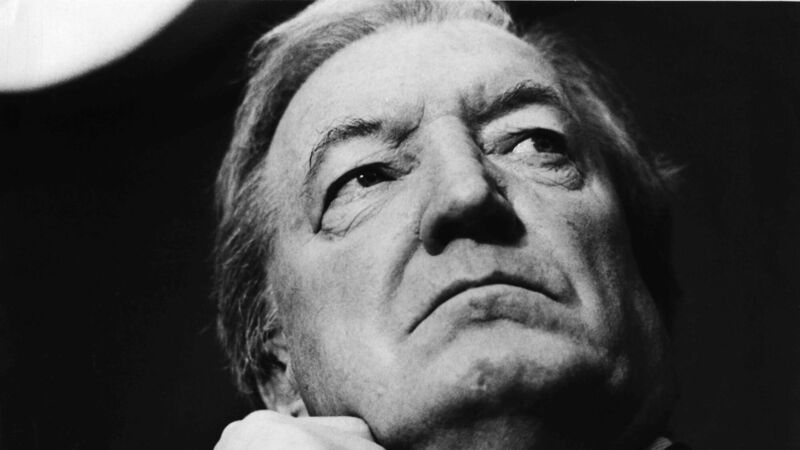Fergus Finlay: Three simple rules for politicians to avoid having to resign

Charles Haughey genuinely believed that rules are for little people.
My colleague Terry Prone listed nine brilliant ways to resign properly yesterday. I have three simple rules to follow if you want to avoid having to resign at all.
But let me tell you, the older I get, the more I wonder at the stupidity of some politicians. They remind me sometimes of a teenager I once knew. She “borrowed” her father’s rib, a really powerful little boat that could zip through water. It was, incidentally, his pride and joy — he had saved for years to buy it. The last thing he expected to see was his rib flying around the nearby lake, the throttle wide open, his daughter at the wheel.















